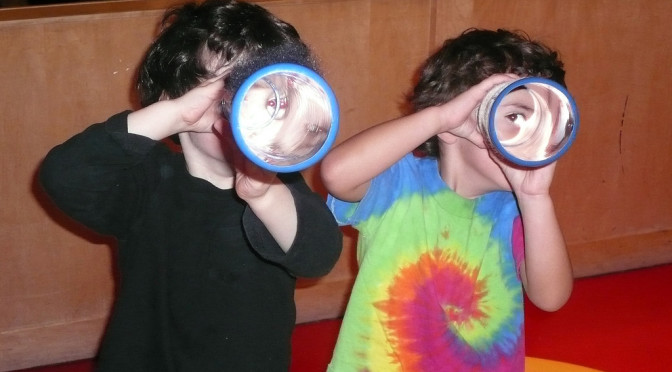By Paul Morgan
Editor’s note: This article originally appeared on The Conversation.
Globally, the U.S. is at risk of declining economic competitiveness due to its continuing lower levels of educational attainment in science, technology, engineering, and mathematics (STEM).
The U.S. currently ranks 44th according to the quality of its mathematics and science education.
A “leaky STEM pipeline” – in which factors such as lower expectations, discrimination, and a lack of interest make it less likely that racial or ethnic minorities, women or those from low-income families will pursue STEM careers – makes many adults less likely to be employed in these types of positions.
Yet STEM positions are often high-paying and provide greater economic well-being and employment stability, especially as the U.S. transitions to a knowledge-based economy. Continue reading Focus on research: Here’s why kids fall behind in science



